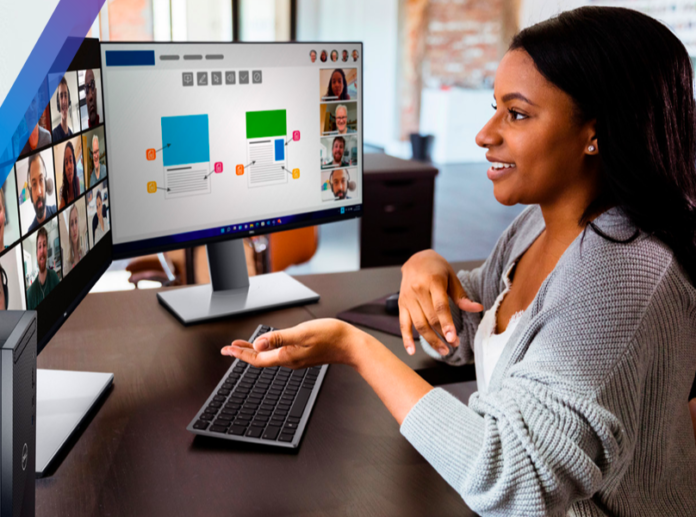Almost all (96%) of business leaders in Singapore regard their people as their greatest asset, but 75% believe their firms underestimate the people requirements when planning transformation programmes, according to new research from Dell Technologies.
For this study, Vanson Bourne surveyed 10,500 senior business decision-makers, IT decision-makers and employees involved in digital transformation across more than 40 countries across the world in August to October 2021.
There were 2,900 respondents in 11 markets across the Asia-Pacific region, including 200 in Singapore. The other locations were Australia, India, Indonesia, Japan, Malaysia, New Zealand, the Philippines, South Korea, Thailand, and Vietnam.
Results show that nearly 80% of employees in Singapore say their company needs to provide the necessary tools and infrastructure to work flexibly, in a way that suits everyone.
Dell said that, after two years of accelerated digital transformation, nearly two-thirds (65%) of IT leaders in Singapore say their organisations do not know what it takes to digitally transform a workforce, with many employees now facing challenges in keeping up the pace.
Despite accelerated progress and efforts from the past few years, the research highlights how there is still a potential for transformation to stall as 75% of respondents in Singapore believe it is their people’s resistance to change that can lead to failure.
Nearly four in five Singapore respondents fear they will be shut out of the evolving digital world due to a lack of people with the right authority or vision to capitalise on the opportunity. This is when an as-a-Service model becomes a favourable option for many businesses.
Dell and independent behavioural experts studied survey respondents’ appetite for digital change and found that only 5% of the workforce in Singapore – from senior business leaders to IT decision-makers and staff – are pursuing modernisation projects. Further, around 50% of those surveyed are slow or reluctant to embrace change.
Amit Midha, president in Asia Pacific and Japan at Dell Technologies, said that in order to achieve an effective breakthrough, organisations should consider a three-pronged approach.
First, provide employees with consistent and secure work experiences, not defined by where they work. Second, help drive productivity by augmenting human capabilities with technology tools to allow employees to focus on what they do best. Lastly, inspire employees through an empathetic culture and authentic leadership.
“The foundation of successful hybrid work models will involve personalised, consistent, disruption-free experiences, and will rely on a human-centric IT strategy,” said said Andy Sim, Dell Technologies VP and managing director in Singapore. “In Singapore, hybrid work options are now a top requirement for employees. People need easy access to the right tools to get the job done, whenever and wherever they are working.”
















